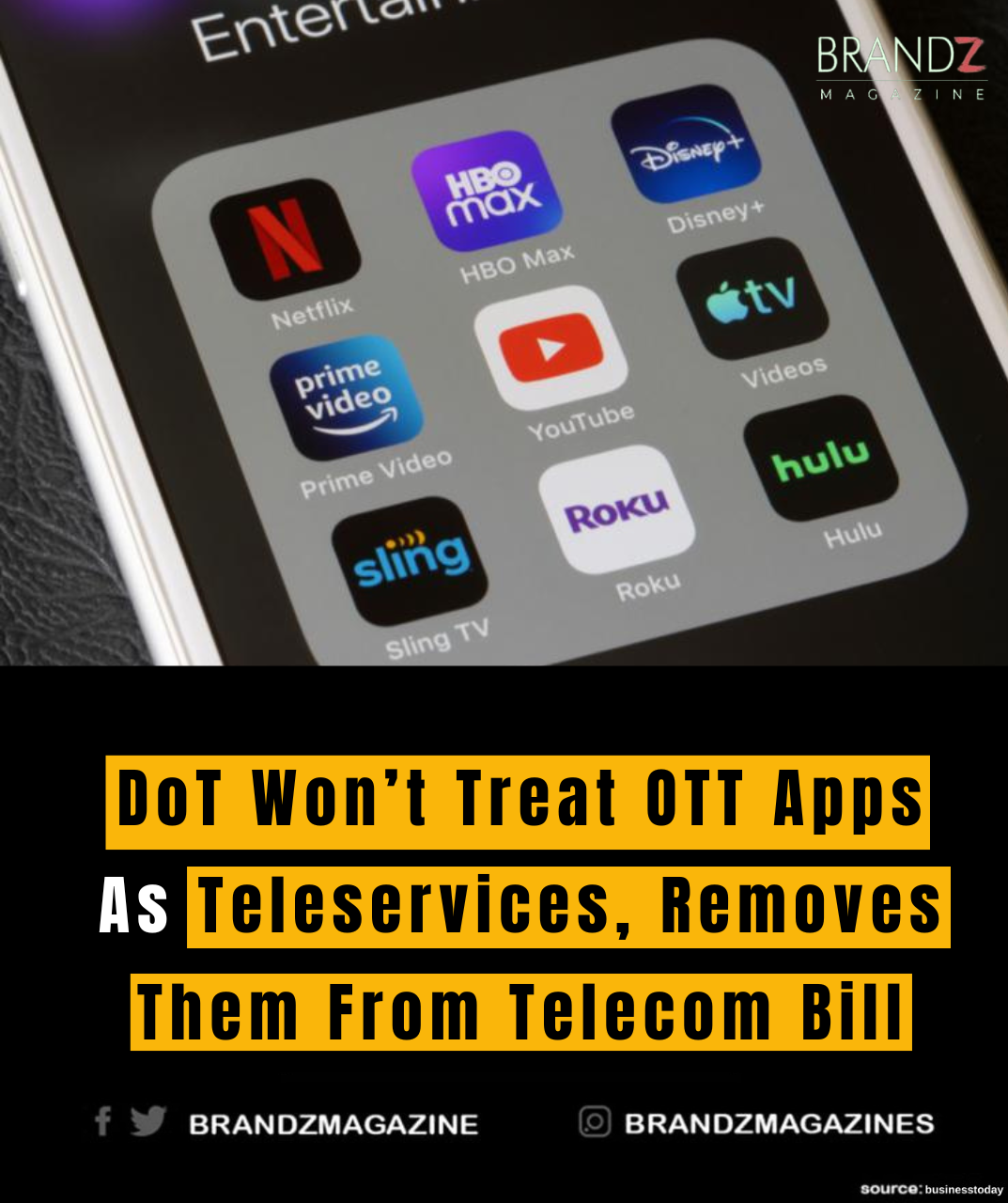
The Department of Telecommunications (DoT) in India has taken a significant step by excluding Over-the-Top (OTT) applications from the definition of teleservices in the Telecom Regulatory Authority of India (TRAI) Act. This decision has far-reaching implications for the regulation and treatment of OTT platforms and services in the country.
Key Points of the DoT’s Decision:
Conclusion:
The DoT’s decision to exclude OTT applications from the definition of teleservices is a significant development in the evolving landscape of digital services in India. It reflects a nuanced approach to regulation that aims to balance the interests of various stakeholders, including telecom operators, consumers, and content providers. As the digital ecosystem continues to evolve, the role and regulation of OTT apps are likely to remain subjects of debate and scrutiny.

